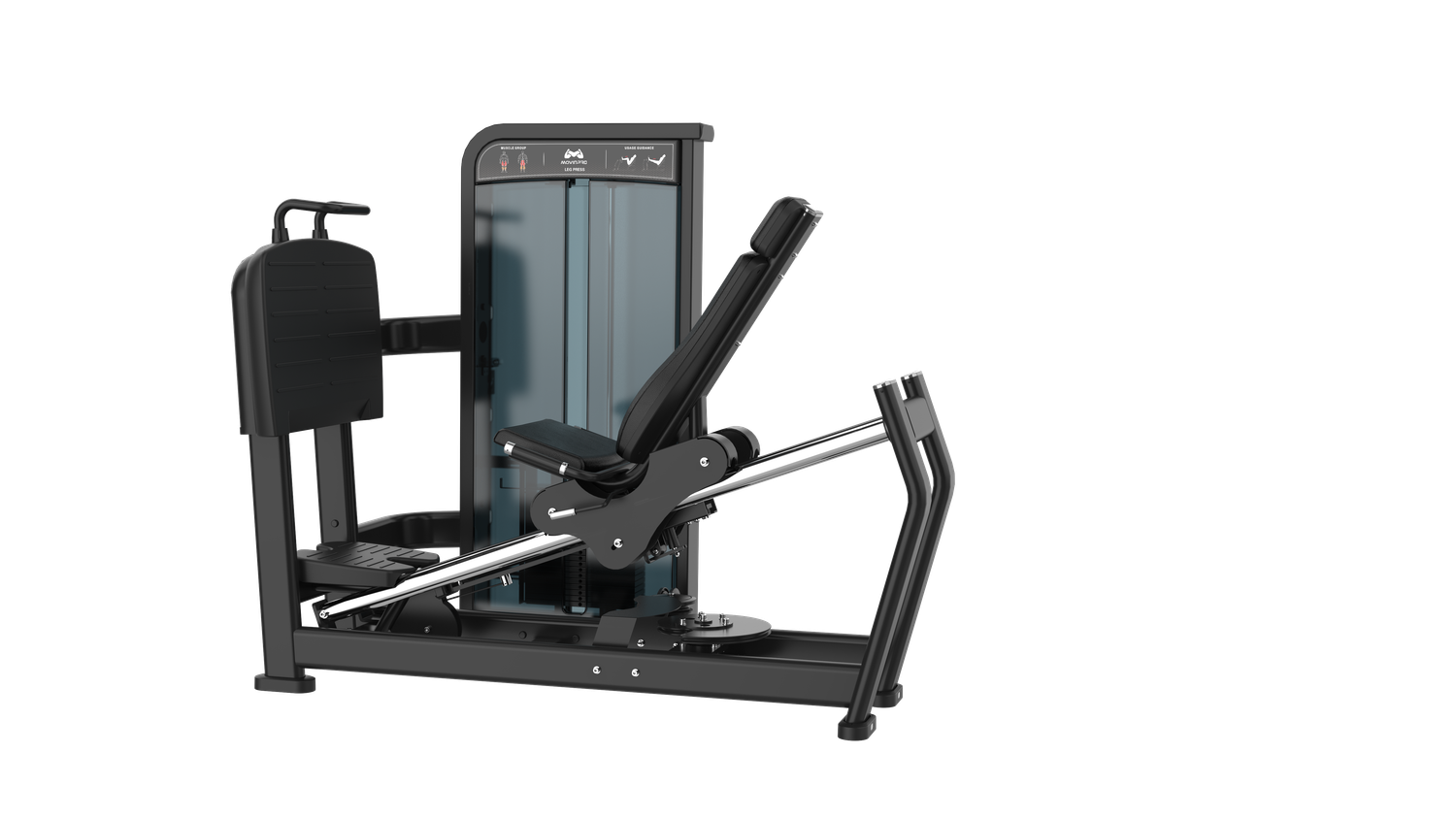How Can Factories Enhance Industrial Security Systems?
Professional industrial security officers ensure that factories have trained personnel ready to handle security threats.

Effective industrial site security can protect employees, assets, and production processes. Risk reduction in factories is greatly achieved through effective security measures, thereby creating a safe working environment. This article explains the best methods for improving industrial security services and strengthening security systems in manufacturing and production facilities.
Understanding the Importance of Industrial Security
Factories tend to stock high-value machinery, raw materials, and even completed products and therefore attract security threats. Effective industrial security services are useful not only to prevent loss but also to improve safety in the work environment, ultimately leading to the efficient functioning of operations. Spending on security measures helps scare criminals away and prevents liabilities, besides offering a secure workplace.
Key Strategies to Improve Industrial Security Systems
1. Strengthening Perimeter Security
The facility's perimeter is the first line of defence in industrial site security. This boundary around the factory ensures that unwanted people cannot easily enter.
Measures to Enhance Perimeter Security:
-
Fencing and Gates: Tall, strong fencing with controlled entry points.
-
Security Lighting: Proper lighting deters intruders and improves visibility at night.
-
Security Signage: Signage warning restricted areas or surveillance can deter intrusions.
-
Vehicle Barriers: Install bollards or barriers at the entry points to regulate vehicle access at the point.
2. Implementing a Trained Security Workforce
Hiring professional industrial security officers ensures that factories have trained personnel ready to handle security threats. Security officers play a crucial role in monitoring activities, enforcing policies, and responding to incidents.
Benefits of Professional Security Personnel:
-
Conduct regular patrols and monitor entry points.
-
Handle emergencies efficiently.
-
Maintain a visible presence to deter criminal activities.
-
Conduct bag checks and employee screenings when necessary.
-
Enforce safety regulations to prevent unauthorised behaviours.
-
Coordinate with the police in the event of critical security breaches
3. Enhancing Surveillance and Monitoring Systems
An effective surveillance system forms the crux for monitoring all the working systems of the factories and detecting security threats.
Best Practices for Effective Surveillance:
-
High-Resolution CCTV Cameras: Install cameras at all entry and exit points, loading docks, and production lines.
-
Remote Monitoring: Provide real-time monitoring of the premises from a control room by the security personnel.
-
Motion Sensors: Respond to unusual movement, especially in restricted areas.
-
Video Storage and Backup: Ensure the recorded video feed is safely stored for future reference.
-
Security personnel coordination: Train the guards to monitor cameras and be responsive to suspicious activity as soon as possible.
4. Improving Access Control Measures
Illegal entry can be through theft, sabotage, and other security-related breaches. Strict access control ensures that only approved personnel can gain unauthorised entry into the concerned areas.
Effective Access Control Solutions:
-
Electronic Key Cards: Individualised access cards for staff and visitors.
-
Visitor Management System: Registration at the entrance and an ID badge while within the building.
-
Restricted Area Guidelines: Identify restricted areas with physical barriers, locked doors, or other secure methods to ensure restricted access.
-
Biometric Authentication: Fingerprint readers or facial recognition scanners.
-
Multi-Level Security Clearance: Different clearance levels for jobs, depending on position and work duties.
5. Conducting Regular Security Audits
A factory's security setup should constantly be checked and revised to improve it for emerging threats.
Steps in a Security Audit:
-
Assess weak points: Identify vulnerabilities in existing security measures.
-
Test Emergency Response: Conduct drills to ensure quick responses to security breaches.
-
Update Security Policies: Adapt security protocols based on audit findings.
-
Employee Feedback: Gather insights from staff regarding potential security gaps.
-
Cyber-Physical Integration: Although this article avoids digital security, factories should ensure that physical security systems are integrated with automated alerts and monitoring tools where applicable.
The Role of Industrial Security Companies
Many factories collaborate with industrial security companies to enhance their security strategies. These Security firms provide expert consultation, security personnel, and advanced monitoring services to ensure comprehensive protection.
Services Offered by Industrial Security Companies:
-
On-site security officers for patrolling and monitoring.
-
Risk assessment and security planning.
-
Advanced surveillance system integration.
-
Training programs for in-house security personnel.
-
Emergency response planning and coordination.
6. Ensuring Employee Security Awareness
Security is not the sole responsibility of management and security personnel. Employees should also be engaged in ensuring a safe workplace.
Employee security awareness improvement techniques:
-
Training Programs: Educate employees on security protocols and emergency response.
-
Reporting System: Encourage workers to report suspicious activities immediately.
-
Security Drills: Hold recurrent drills for evacuation in case of fire and security threats.
-
Security policies: Prominently display security policies on break rooms and common areas
-
Employee Badge Policy: All staff should wear identification badges at all times.
7. Protecting High-Value Assets and Materials
Factories have costly machinery and expensive raw materials. It is, therefore, a fact that more protection for these valuable assets reduces the chances of theft and damage.
Security Measures for High-Value Assets
-
Lockable Storage Units: Store valuable items in secured areas with limited access.
-
Inventory Tracking: Maintain digital records of materials and equipment to detect discrepancies.
-
Alarm Systems: Install alarms that trigger when unauthorised access occurs in storage areas.
-
Real-Time Asset Monitoring: Use GPS tracking for high-value shipments leaving the facility.
-
Surprise Audits: Conduct random security checks to prevent internal theft.
Conclusion
This approach to improving security at an industrial site requires good perimeter protection, surveillance, trained personnel, and awareness of employees. Engagements in factories by professional industrial security officers and reputable industrial security companies significantly minimise security risks and ensure a safe working environment. For instance, Dynamic Security Solutions gives a customised security strategy to the factories to sustain robust security systems. Long-term protection, operational efficiency, and peace of mind for employees and stakeholders can be guaranteed by investing in proactive security measures for industrial facilities.
What's Your Reaction?




















